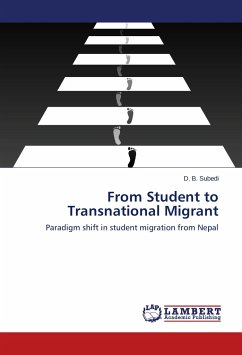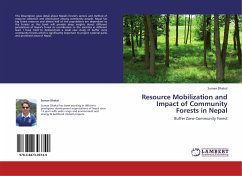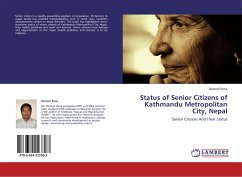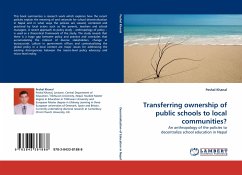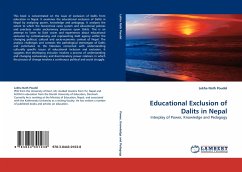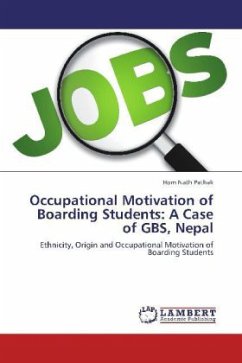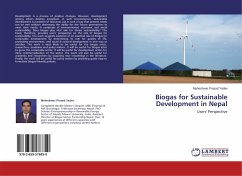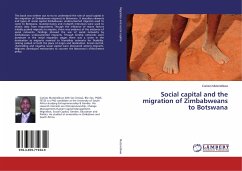This study argues for a paradigm shift in the way migrating internally as a student from Nepal is viewed. It shows that once we frame student migration (SM) from Nepal as skilled migration, rather than as 'elite migration', we can better understand the dynamics of the students' mobility in terms of its temporality and directionality. As a 'disguised skilled labour migration', it operates on transnational social networks and connections, therefore its temporality changes from temporary linear migration to multi-directional transnational migration. The migrants' ongoing interactions with their homeland through the transnational networks and social spaces continue to exchange migration-led resources between their households at the origin and at the destination. Therefore, this study suggests looking at the role of the transnational households at the origin to understand the migrants' integration at the destination. It contends that transnationalisation of SM defies the conventional notion of 'brain drain'. It concludes that a more conceptual and definitional term, 'brain circulation',could be used to designate and understand the transnational character of SM from Nepal.
Bitte wählen Sie Ihr Anliegen aus.
Rechnungen
Retourenschein anfordern
Bestellstatus
Storno

